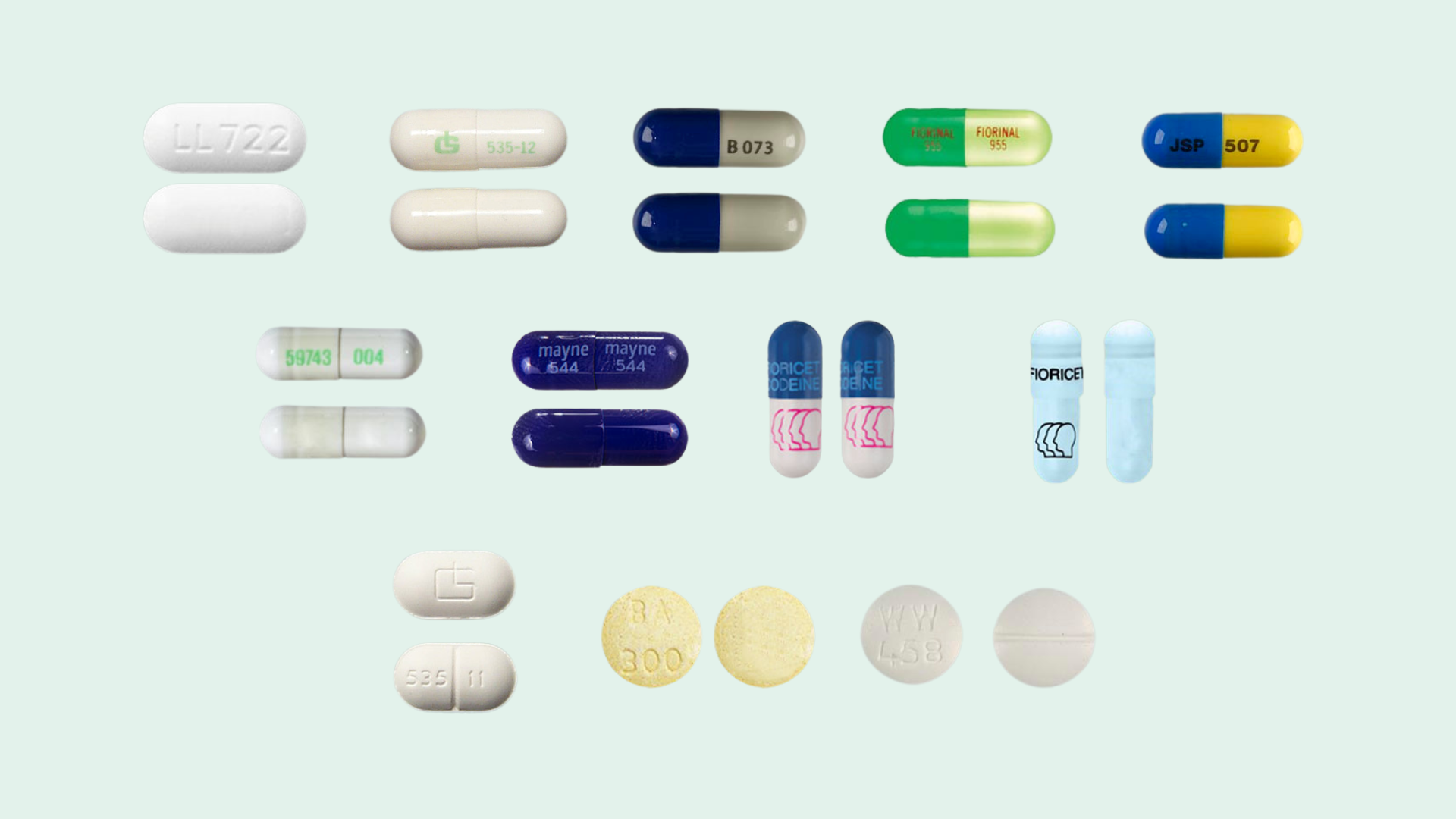What Are Barbiturate Withdrawal and Side Effects Like?
Barbiturate withdrawal can be a challenging and potentially dangerous experience. When individuals who have developed a dependence on these drugs suddenly reduce or stop their intake, they may encounter a range of physical and psychological symptoms. Recognizing these symptoms early can help in seeking appropriate medical intervention.
Common Withdrawal Symptoms
Withdrawal symptoms can vary in intensity and duration depending on several factors, including the duration of use, dosage, and individual health conditions. Some common symptoms include the following:
Physical Symptoms:
- Tremors and shakiness
- Nausea and vomiting
- Sweating and increased heart rate
- Insomnia and fatigue
- Muscle pain and discomfort
Psychological Symptoms:
- Anxiety and agitation
- Hallucinations and confusion
- Mood swings and irritability
- Severe cravings for the drug
The severity of these symptoms can fluctuate, with some individuals experiencing mild discomfort while others may face life-threatening complications such as seizures or delirium.
Potential Complications
In severe cases, withdrawal from barbiturates can lead to complications that require immediate medical attention. These may include
- Seizures: A significant risk during withdrawal, which can be life-threatening
- Delirium: A state of severe confusion and disorientation that can lead to agitation and hallucinations
- Cardiovascular issues: Elevated heart rate and blood pressure can pose risks, particularly for those with pre-existing heart conditions
Given these potential complications, it is crucial to seek professional help when attempting to detox from barbiturates.
What Is the Barbiturate Withdrawal Timeline?
Understanding the timeline of barbiturate withdrawal can help individuals prepare for the challenges ahead. The duration and intensity of withdrawal symptoms can vary based on the specific barbiturate used and the individual’s health profile.
General Barabiturate Timeline
Initial Phase (1-3 Days)
- Symptoms often begin within hours of the last dose.
- Initial symptoms may include anxiety, insomnia, and physical discomfort.
Peak Symptoms (3-7 Days)
- Withdrawal symptoms typically intensify during this phase.
- Individuals may experience severe anxiety, tremors, nausea, and potential seizures.
Subacute Phase (7-14 Days)
- Many physical symptoms start to diminish, but psychological symptoms may persist.
- Individuals may continue to experience mood fluctuations and cravings.
Post-Acute Withdrawal Syndrome (PAWS)
- For some, psychological symptoms can linger for weeks or even months.
- Common issues include anxiety, depression, and sleep disturbances.
It is essential to note that while many individuals will begin to feel better after the initial withdrawal phase, some may require ongoing support to manage lingering symptoms.
What Is Barbiturate Detox and Treatment?
Detoxification is the first critical step in overcoming barbiturate dependence. This process involves the safe removal of the drug from the body and the management of withdrawal symptoms.
The Detox Process
Barbiturate detox should always be conducted under medical supervision due to the potential for severe withdrawal symptoms. The detox process typically includes:
- Assessment: A thorough evaluation by medical professionals to determine the severity of dependence and any co-occurring health issues
- Tapering: Gradually reducing the dosage of barbiturates to minimize withdrawal symptoms. This approach helps the body adjust to lower levels of the drug without triggering severe reactions
- Medication management: In some cases, medications may be prescribed to alleviate specific withdrawal symptoms, such as anxiety or insomnia
Treatment Options
After detoxification, individuals are encouraged to participate in comprehensive treatment programs to address the underlying issues contributing to their substance use. Treatment options may include
- Inpatient rehabilitation: A structured program where individuals reside at a treatment facility, receiving 24/7 support and therapy
- Outpatient programs: Allowing individuals to live at home while attending regular therapy sessions and support groups
- Therapeutic approaches: Evidence-based therapies such as cognitive behavioral therapy (CBT) and contingency management may be employed to help individuals develop coping strategies and prevent relapse
Navigating the Road to Recovery
Recovery from barbiturate dependence is a multifaceted journey that requires dedication, support, and a comprehensive treatment approach. Here are some key aspects to consider when navigating the road to recovery.
Building a Support System
Establishing a strong support network is vital for long-term recovery. This may include
- Counseling: Engaging with mental health professionals can provide valuable insights and coping strategies.
- Support groups: Joining groups such as Narcotics Anonymous can foster a sense of community and shared experience.
- Family and Friends: Involving loved ones in the recovery process can enhance emotional support and accountability.
Developing Coping Strategies
Learning healthy coping mechanisms is essential for managing triggers and cravings that may arise during recovery. Techniques may include
- Mindfulness and relaxation techniques: Practices such as meditation, yoga, and deep breathing can help reduce anxiety and promote emotional wellbeing.
- Healthy lifestyle choices: Engaging in regular physical activity, maintaining a balanced diet, and prioritizing sleep can significantly enhance recovery efforts.
Ongoing Care and Relapse Prevention
Recovery is an ongoing process that requires continuous effort and vigilance. Strategies for maintaining sobriety may include:
- Regular check-ins: Ongoing therapy sessions can help individuals stay accountable and address any emerging challenges.
- Setting realistic goals: Establishing achievable short-term and long-term goals can provide motivation and direction throughout the recovery journey.
- Recognizing warning signs: Being aware of personal triggers and early signs of relapse can empower individuals to seek help before a setback occurs.
Understanding barbiturate detox and withdrawal is essential for anyone affected by barbiturate dependence. By recognizing the symptoms, timelines, and treatment options available, individuals can take proactive steps toward recovery. With the right support and resources, it is possible to overcome the challenges of addiction and embrace a healthier, more fulfilling life.

